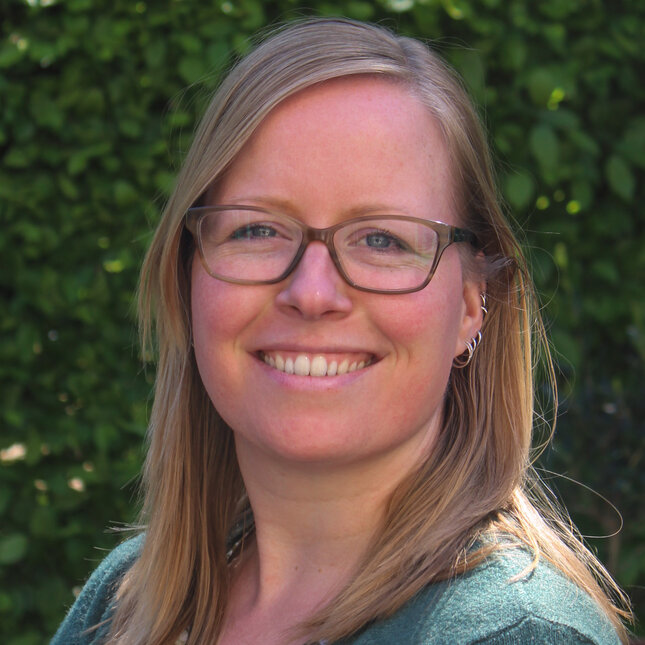
After completing my chemistry studies in Utrecht, where I graduated Cum Laude in the field of Nanomaterials, I obtained my PhD at the same university, with research on Colloidal Crystals. When I finished my PhD thesis, I had some doubts about whether I wanted to continue along the academic route because I knew there would be a lot of pressure involved. Combining life with scientific research could be difficult. But because I had such an interest in science, I took the plunge. After one year as a postdoc in Lund Sweden, I was able to set up my own research for two years at the University of Constance with a research fellowship from the Alexander von Humboldt Foundation. At the end of that period my Veni application was honored, and with that I was able to return to the Netherlands and continue my research in the group of Professor Peter Schall at the University of Amsterdam.
At the end of last year, a vacancy in my field arose at TU/e, and I was approached by the Dean of Applied Physics. I was enthusiastic from the start and didn't have to think very much about the decision. The assistant professorship in experimental soft matter that I am going to start in Eindhoven from July 2020 lies exactly at the interface between the more theoretical physics and the more experimental chemistry. With my background as both a chemist and physicist I am well positioned to bridge the gap between the research in the Theory of Polymers and Soft Matter groups of Kees Storm and Paul van de Schoot at Applied Physics, and the experimental research groups of Remco Tuinier and Ilja Voets at Chemical Engineering and Chemistry.
One of my dreams for the future is to create materials from colloidal building blocks that contribute to a sustainable society. For example, novel materials for solar cell applications that spontaneously organize themselves in functional structures costing little energy to make. Or for instance paint that does not bleach, because instead of pigments, the colors are defined by the structure of the paint at a micrometer scale. As with birds, their structured feather surface reflects only light with a fixed wavelength and determines the specific color.
My feeling about the Irène Curie Fellowship program is a little ambivalent. I myself come from chemistry, where the male-female split was almost 50/50, but in the physics departments I have noticed that sometimes I was the only woman. I also noticed that when fewer women work there, the culture is a little different. Of course, it's nice that I have the position, and that TU/e wants to actively make a change, but I also find it awful that it has to be this way, where men are initially excluded from new positions. I do expect that some people will say I only got hired because I am a woman, but I just listen to the words of Loes Reijmer: ‘Take the leap of the token woman, and show that women are not inferior to men’. The fact that men were excluded also seems to have increased the competition, as I understood around 90 women applied, which is a huge number in physics. That they hired me, tells me that I can do the job.
"I understand very well that there is a desire to increase the share of women in science and academia"
But there are two sides on this issue. On the one hand, I think that hiring academics should be done on the basis of their excellent qualities. And frankly, I think I fit in. On the other hand, I understand very well that there is a desire to increase the share of women in science and academia, especially in disciplines like Physics.
Although I am happy with the extra support that the Fellowship program offers, such as coaching and money for a PhD student, it was not the main reason for me to apply. I wanted to stay in the Netherlands because of my family and friends anyway, so I was already happy that this position became available in Eindhoven. There was also another offer from another university, but TU/e was number 1 for me. The content and challenge of the job, and the special fact that I can help shape the collaboration between physics and chemistry, were the deciding factors for me.